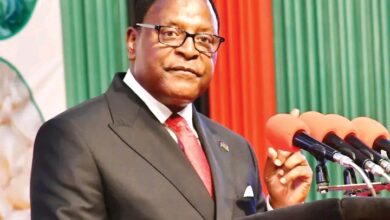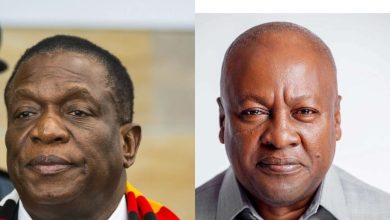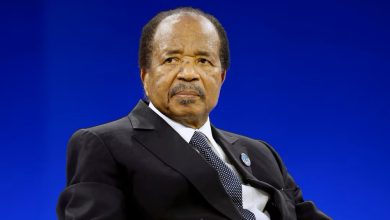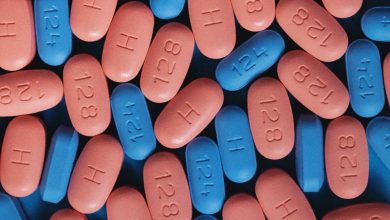Ghana counts ballots after tight presidential race
Preliminary results are expected early tomorrow, with full presidential results scheduled by Tuesday.
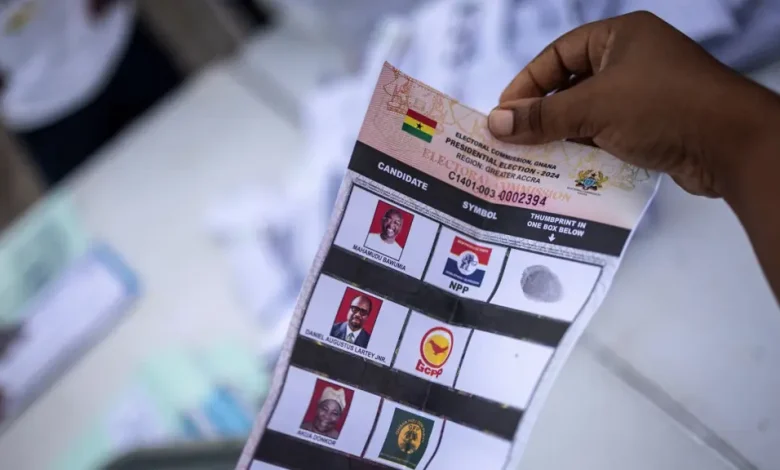
ACCRA – Ghana counted ballots on Saturday after a tight election with the ruling party’s Vice President Mahamudu Bawumia trying to shake off anger over economic woes and counter a challenge by opposition party candidate ex-president John Mahama.
Voting was mostly calm, but police said at least two people were shot dead in separate incidents.
Ghana’s struggling economy dominated the election, after the west Africa gold and cacao producer went through a debt default, high inflation and negotiations for a $3 billion IMF bailout.
Voters were choosing a successor to Bawumia’s boss, President Nana Akufo-Addo, who steps down after serving the maximum of two four-year terms. They also elected the country’s new parliament.
After polls closed at 1700 GMT, results were trickling in as election teams immediately began tallying ballots under the watch of agents from political parties before sending them to collation centres.
Preliminary results are expected early Sunday, with full presidential results scheduled by Tuesday.
“Everyone is complaining prices are high. So I want a change, I want a good president who will bring in changes,” Abdullah Mohammed, a student said after voting in Accra’s Nima district.
One person was shot dead and another wounded in Nyankpala in the north, while another person was shot and killed in Awutu Senya East in the central region, Ghana police said.
With a history of political stability, Ghana’s two main parties, the ruling New Patriotic Party (NPP) and National Democratic Congress (NDC), have alternated in power equally since the return to multi-party democracy in 1992.
Touting the slogan “Break the 8” — a reference to going past the usual two terms in power — the NPP hopes Bawumia can lead them to an unprecedented third term. But he struggled to break away from criticism of Akufo-Addo’s economic record.
“I think we have done a lot of work with our message to the people and the message has been well received,” Bawumia said after voting in his northern home Walewale.
A UK-educated economist and former central banker, he points to an economy turning a corner and the government’s continued plans for digitalisation to ease business, as well as free education and health programmes.

